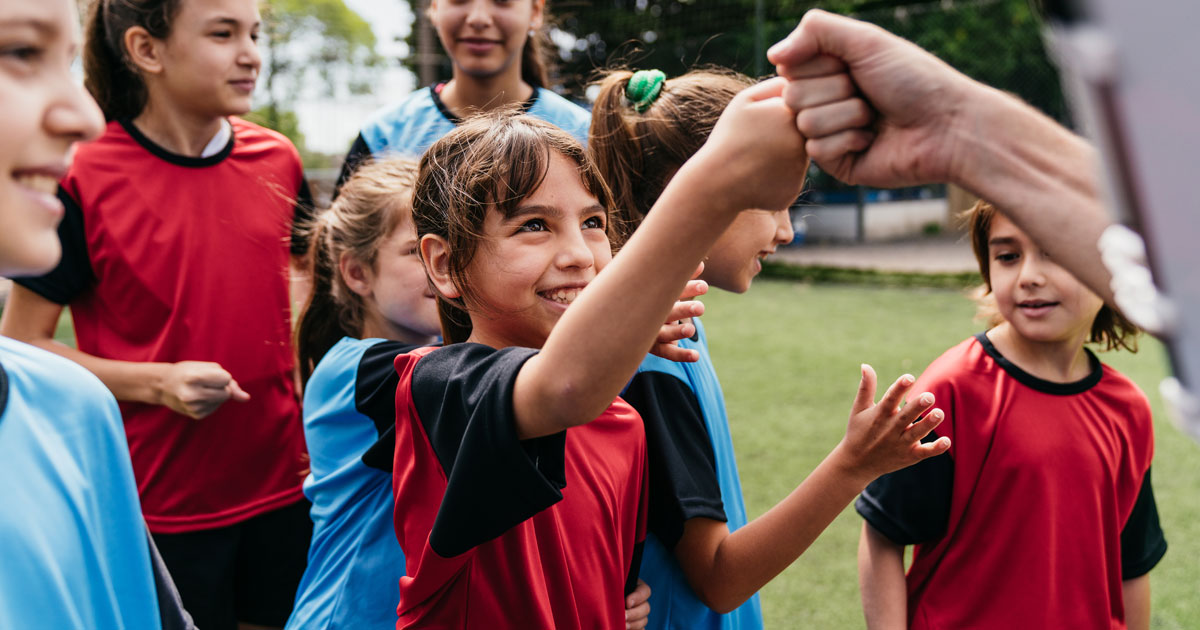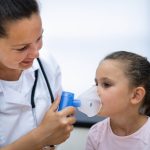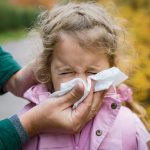
Concussions in Children Can Have a Significant Impact
A concussion is a mild traumatic brain injury that can affect brain function. Concussions can result from playing any sport, but happen more often from engaging in contact sports, like football, soccer, or lacrosse. There is also a risk of concussion from other activities, such as riding a bike or skateboarding. Any time an individual suffers a blow to the head, a concussion could develop.
What are the Signs of Concussion in Children?
Pediatric concussion symptoms generally appear immediately following the injury, but some may show up hours or even days later. Loss of consciousness is NOT required for a concussion diagnosis. Concussion symptoms in children may include:
- Thinking (cognitive)
- Confusion/memory loss
- Trouble concentrating
- Slow verbal responses
- Mood
- Mood changes
- Sleep
- Tiredness
- Trouble sleeping
- Physical
- Headache
- Nausea or vomiting
- Dizziness
What Should I Do if I Suspect My Child Has a Concussion?
For concussions in children, the best thing you can do is encourage cognitive rest. This means that your child should take a break from texting, watching TV, using the computer, or playing video games while recovering. DO NOT let your child return to sports or physical activity the day of the injury. For more information, see: Minds Matter Concussion Care for Kids.
Children and teens with signs of pediatric concussion should see their primary care provider before returning to play. Concussions are serious injuries and seeing a medical professional ensures that your child receives appropriate evaluation and clearance to resume activity or sports.
Returning to play before recovery can be detrimental to your child’s health. While healing, individuals may be more susceptible to another concussion and, in some cases, even death. Be sure to let your child’s pediatrician know about ALL prior concussions, so they can make informed recommendations.
When Should My Child See a Sports Medicine Specialist for a Concussion?
All Metropolitan Pediatrics providers can diagnose and treat concussions following protocol from our concussion experts. Children who recover by two weeks do not need to see a sports medicine specialist. If concussion symptoms do not improve after two weeks, the patient may be referred to one of our sports medicine experts for further evaluation and management of their recovery.
What Can Athletes and Parents Do to Support Recovery?
- Limit physical and mental activity (e.g., homework, TV/computer use, video games, texting)
- Supervise your child during waking hours (sleep is a critical component of healing)
- Reduce activities that increase symptoms (e.g., listening to loud music)
- Drink plenty of fluids (dehydration can exacerbate headaches)
Report any worsening concussion symptoms or changes in behavior to your pediatrician.
How Long Does Recovery Take?
Recovery time varies based on individual healing rate, the severity of the concussion, and past history of concussions. All sports activity should be suspended until symptoms have completely resolved and the athlete has received clearance to resume activity from their provider.
How Can I Prevent Pediatric Concussions?
No athlete wants to suffer a sports-related injury and get caught on the sidelines. Follow these suggestions to stay in the game:
- Wear a helmet whenever possible, especially when playing contact sports
- Utilize safe playing techniques
- Follow game rules
- Let an adult know if you experience ANY head injury
Learn More
- Position Statement: Concussion in Sport (American Medical Society for Sports Medicine)
- HEADS UP (CDC)
- Minds Matter Concussion Care for Kids (Children’s Hospital of Philadelphia)
- Importance of ‘Return-to-Learn’ in Pediatric and Adolescent Concussion (Christina L. Master, MD; Gerard A. Gioia, PhD; John J. Leddy, MD; and Matthew F. Grady, MD)
- Study Raises Concerns That Teen Athletes Continue to Play with Concussion Symptoms (Cincinnati Children’s Hospital)








